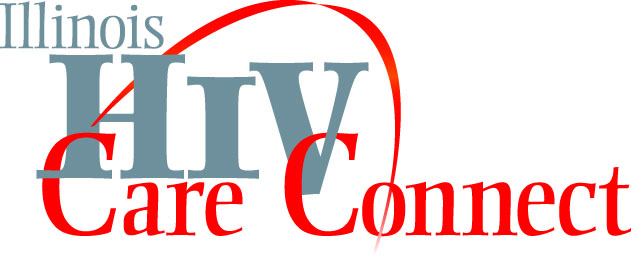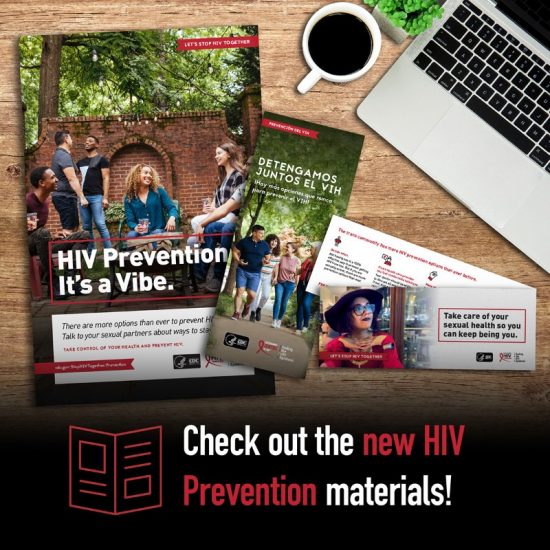If you have HIV
Notify your partner or partners
Once you are diagnosed with HIV, you and your doctor can discuss the best way to notify your sexual partner or partners. Any sexual partners and those with whom you have shared needles must be informed that you are HIV+ and encouraged to be tested for HIV. Most health departments and HIV clinics have anonymous partner notification systems if you wish to use them — your partners are told that they have been exposed but are not told who reported their names or when the reported exposure occurred.
Practice safe sex and take your anti-HIV medications regularly
If you have not already, begin using safe sex strategies, such as using condoms. Also, by taking your anti-HIV medications regularly, you will significantly reduce your chances of transmitting HIV to others. Use these HIV prevention strategies even if your partner is also HIV+. Your partner may have a different strain of the virus, and either of you being infected by a different strain may cause complications. If you inject drugs, don’t share your needles with anyone else.
Consider PrEP
Talk to your doctor about PrEP (pre-exposure prophylaxis), a prevention strategy that involves providing anti-HIV medications to your HIV-negative partner to protect him or her from contracting HIV. By consistently taking anti-HIV medications before any possible HIV exposure occurs, an individual can reduce the risk of HIV infection in others by up to 92 percent, according to the Centers for Disease Control and Prevention (CDC).
For women with HIV
If you wish to become pregnant, talk to your doctor about how to prevent transmitting HIV to your baby. To learn more about treatments for people living with HIV and their babies, go to the 24/7 Illinois Perinatal HIV Hotline.
If you believe you do not have HIV
Get tested to confirm you do not have HIV. That’s important because about one in six Americans who are HIV+ don’t know they are. Not only are these individuals not receiving necessary medical treatment, they can unknowingly spread HIV by having sex without a condom.
Do not have unprotected sex, unless you are absolutely certain both you and your partner do not have HIV. It’s a good idea to get tested along with your partner, so that you know each other’s status.
If you have tested negative for HIV, you should get tested again if you have unprotected sex with a new partner or have a new sexually transmitted infection (STI).
PrEP (pre-exposure prophylaxis) may be recommended by doctors for individuals at high risk for HIV infection, such as sex workers, injectable drug users, men who have had anal sex without a condom, and individuals with multiple sex partners or a history of sexually transmitted infections. If you inject drugs, don’t share your needles with anyone else.







